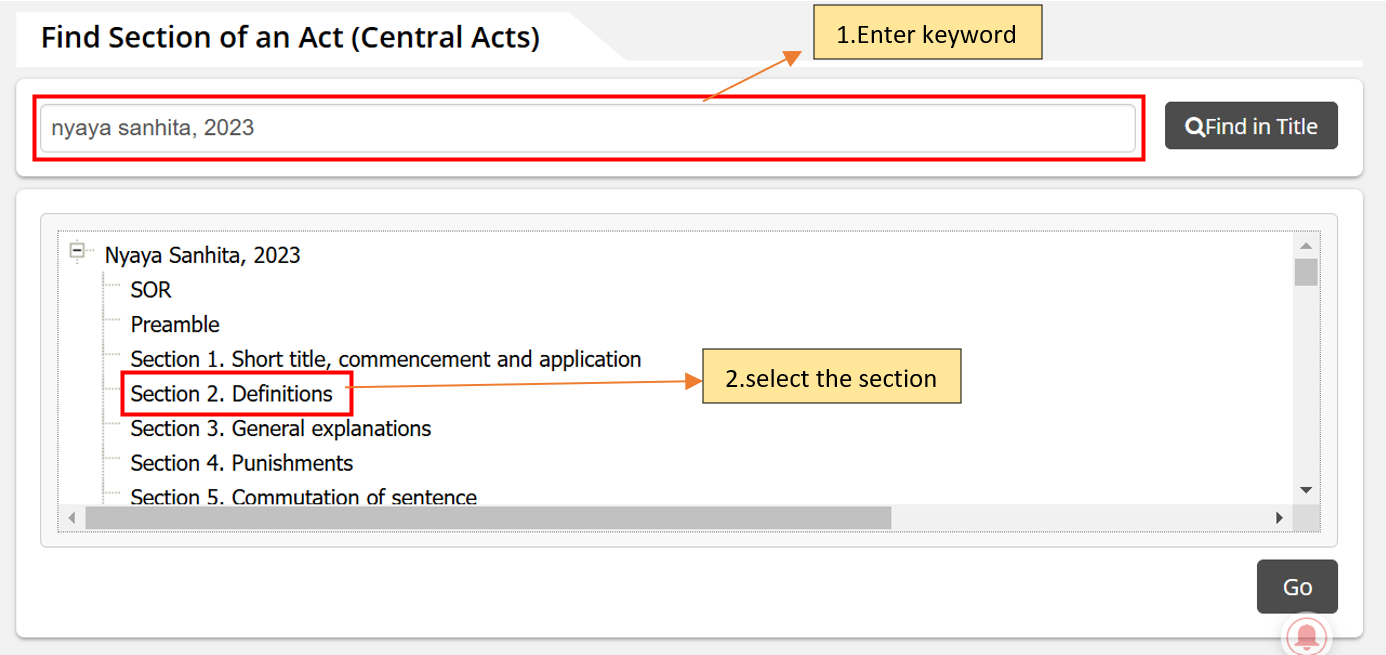Please see the PDF or the Video guide below to understand the registration procedure.
Please see the PDF or Video guide below to understand the access procedure.
Please see the PDF or Video guide below to understand the access procedure.
Please write your feedback and queries to glus@jgu.edu.in
SCC Online is a legal research platform offering access to a vast library of judgments, case law from the Supreme Court, High Courts, and tribunals, as well as central and state statutes, rules, and regulations. It provides expert commentaries, articles, and analysis to simplify complex legal concepts.
Key materials include case law, statutes, constitutional provisions, expert commentaries, law review articles, case digests, reports, international treaties, and updates on legal developments.
Please see the SCC Online Data Coverage for more information.
SCC Online offers you the option to search for relevant documents through various search options, such as find by citation, topics, sections, etc. You can learn more from the Search Techniques Guide.
Key materials include case law, statutes, constitutional provisions, expert commentaries, law review articles, case digests, reports, international treaties, and updates on legal developments.
Please see the SCC Online Data Coverage for more information.
SCC Online offers you the option to search for relevant documents through various search options, such as find by citation, topics, sections, etc. You can learn more from the Search Techniques Guide.
- Are any materials related to the Moot Competition available?
- How can I copy Judgment extracts without downloading the entire judgment?
- How can we effectively resume work if SCC logs out automatically?
- How do we identify if a judgment has been overruled in SCC Online?
- What are Digest Notes in SCC Online?
- What is Trueprint in SCC Online, and why is it important?
Note: This guide highlights some of the most popular search methods to help you find relevant documents on SCC Online. Check out this link for more tips, videos and detailed guides on various search techniques and features.
Use this feature if you know the case citation. Select the law report from the dropdown menu, then enter the year, volume number, and page number to access the case directly. The citation format is pre-set for each law report.
Use this feature to find content such as Digest Notes, Judgments, Legislation, Articles, etc., related to specific sections of a Central Act.
Enter a word or part of a word, or use wildcards (*, ?), in the ‘Search Text’ box, click ‘Find,’ and view the results. The results will display all Central Acts containing your search query in their title. Select the relevant section and click "Go."

Enter a word or part of a word, or use wildcards (*, ?), in the ‘Search Text’ box, click ‘Find,’ and view the results. The results will display all Central Acts containing your search query in their title. Select the relevant section and click "Go."

This feature gives you access to the list of topics and statutes for focused legal research, created by SCC Editors. Enter a word or part of a word (using wildcards if needed) in the 'Search Text' box, click 'Find,' and view your results.
A similar feature, "Browse Curated Topics," offers quick access to key areas like Securities Law, Competition Law, and Patents. It allows you to explore Statutory Law, Case Law, and Articles on your chosen topic.